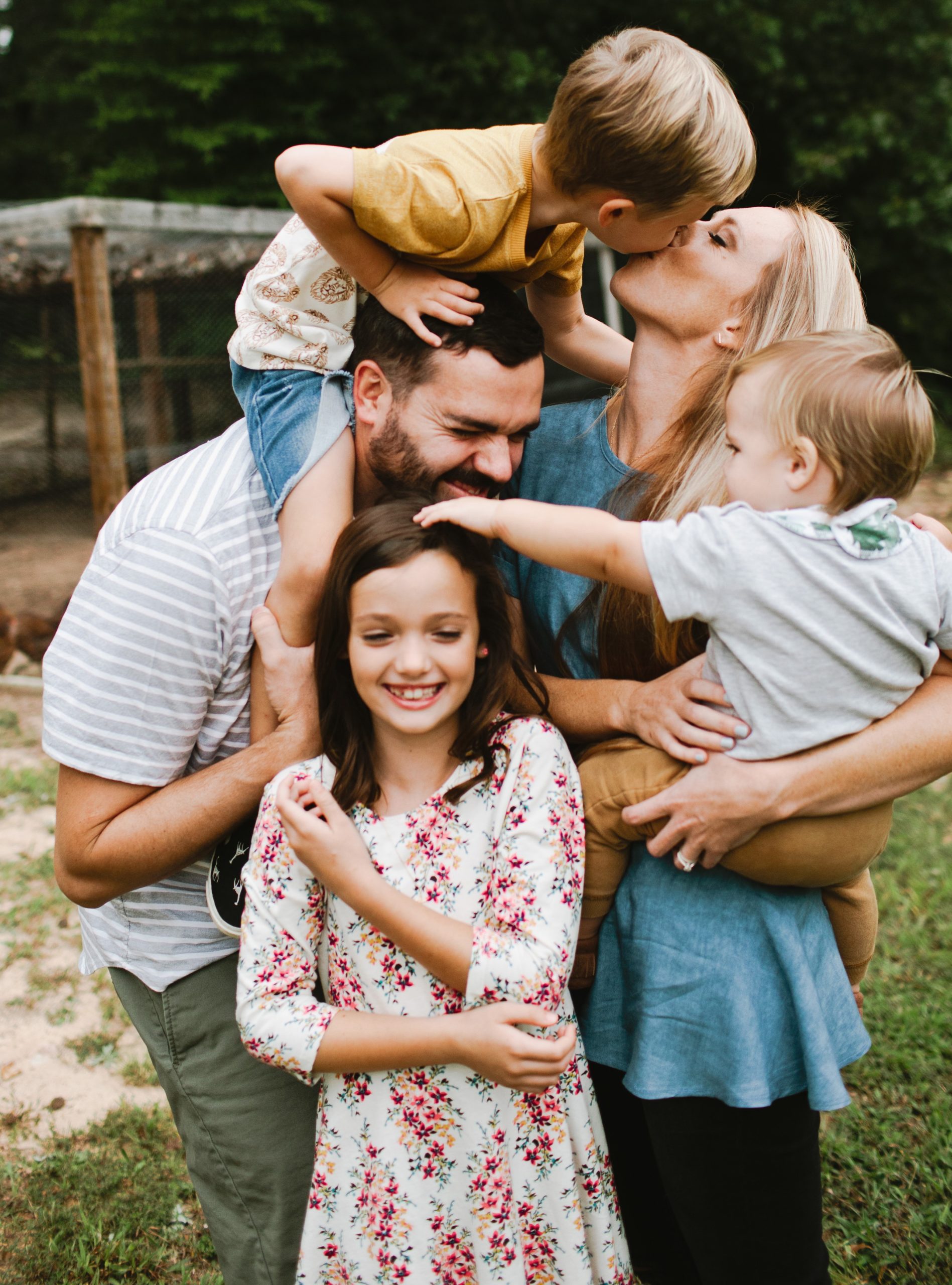The birds and the bees – how to talk to your kids about sex and their bodies
As a parent, very few of us feel equipped to have the ‘birds and the bees’ talk with our children. Some of us avoid it. Some talk around the issues, using ‘code words’ or cute names for body parts. And some of us bumble through and do our best, but wonder if we have done a good job, and whether we shared too much or not enough.
Even from a young age, children are exposed to a lot of messages about gender, relationships and sexuality through the internet and the media.
As a parent, carer or teacher you have the chance to provide them with accurate information, develop their critical thinking skills and help them understand the messages they receive.
Children will ask questions for many different reasons:
- they may have heard or seen something they don’t understand,
- they may want further information about something they already know, or
- they might simply be trying to shock you or show off in front of their peers or siblings.
It can sometimes be hard to know the difference, so try to provide a simple, matter of fact, accurate answer. If the intention was to shock or show off, this often diffuses the situation.
Always be sure to use the correct names for body parts, like penis instead of ‘willie’, or vulva instead of ‘fanny’. Note that the vagina and vulva are not the same thing. You can read about that here.
Here are some tips and examples which may help you when you are asked a question about relationships and sexuality.
-
Answer honestly
Using phrases like:
- “I really don’t know.”
- “I believe that…”
-
Answer factually
Focus on the evidence by saying things like:
- “It is generally believed that…”
- “Research shows that…”
- “Some people believe…”
-
Distance or re-phrase the question
This can be helpful if the question is of a personal nature. Saying things like:
- “I’ve read that…”
- “I’ve heard that…”
- “People do all sorts of things to express themselves sexually…” (in answer to a question about a particular sexual practice)
-
Direct to other sources
Being careful to direct children to reputable and trusted sources, you might say:
- “Where might we find the answer?”
- “Who else could help you answer that?” (for example a doctor or nurse)
- “There are lots of answers to this question because people thing different things. How about we ask (Mum/Dad/other parental figure or carer) what they think?”
-
Pass, with an open-ended invitation
You can always let your child know that you need more time to think about your responses, however it is important that you do actually circle back around and provide the answer at a later time to maintain trust and encourage your child to continue to speak with you about these topics.
Ideas on how to pass on a question are:
- “I will need to do some more research on that question, but I’ll come back to you”
- “I’d like to pass on that question for now, but we can talk about it another time.”
-
Pass to maintain personal boundaries
Demonstrating personal boundaries is also important. If you feel that your child is asking questions which are too personal, you can let them know that it is OK to set personal boundaries by saying something like:
- “That is a personal question and I would prefer not to answer that”
-
Open the question up for discussion
Your child may know (or think they know) more than you think! It is always helpful to ask:
- “What do you think about that?” (taking care to be non-judgemental and curious about their answer, knowing they are just learning)
What else can you do as a parent or carer?
If you have concerns about a child’s line of questioning, aren’t sure if their questions are ‘normal’, or are witnessing problem sexual behaviours, you can contact us on 6273 9117 and ask to speak with the Education Manager.
Alternatively, you can check with your child’s school to find out if they are offering our Growing Up Program annually to your child. Our program is run by highly trained educators, is evidence based, age appropriate, and is aligned with the Australian Curriculum.
If you would like to increase your own knowledge you can check out our Advice and Information portal, and we also have an excellent reading list. The resource Talk Soon, Talk Often is one we regularly recommend.


